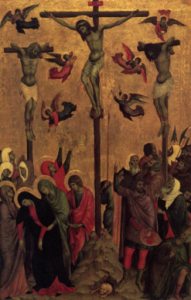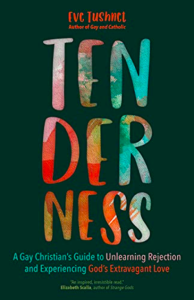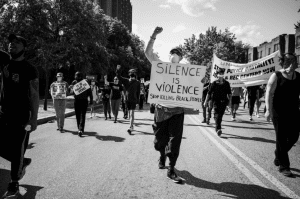Content Warning
This post and series deal with various types of abuse,
including sexual abuse and abuse perpetrated by clergy.
Please read with caution.
RZIM
Once when I was a teenager, I went to see Ravi Zacharias speak, down at the Naval Academy in Annapolis. If you haven’t heard of him, Zacharias was an evangelist, apologist, author, and minister. He was very popular among evangelicals in the 1990s and 2000s for his arguments defending objective truth and morals. He also founded RZIM (Ravi Zacharias International Ministries) and led the organization for many years. The lecture he gave, as I recall, was excellent, dealing extensively with the tension between relativistic views of truth and Christian thought.
Zacharias died of cancer last May. I hadn’t really thought about him for a while; I’d gravitated toward other authors and topics as I became interested in Catholicism. I didn’t even realize he had died until I started seeing stuff pop up on Twitter about the scandal.

As early as 2017, it seems, reports had been circulating that he had exaggerated his credentials. Professed connections to Cambridge and Oxford were denied by both universities. Apparently his commitment to objective truth had some caveats. But this was small potatoes next to the abuse allegations. Three women working at spas he co-owned in Atlanta—because owning a spa is a totally normal side hustle for a minister—came forward, reporting that he regularly exposed himself and masturbated in front of masseuses there. According to a recent article from Christianity Today:
One woman told the investigators that “after he arranged for the ministry to provide her with financial support, he required sex from her.” She called it rape. She said Zacharias “made her pray with him to thank God for the ‘opportunity’ they both received” and, as with other victims, “called her his ‘reward’ for living a life of service to God,” the report says. Zacharias warned the woman—a fellow believer—if she ever spoke out against him, she would be responsible for millions of souls lost when his reputation was damaged.
He may have abused as many as two hundred women over the course of his career, in the US, India, Thailand, and Malaysia.
Shepherds/Crooks
Of course, this is only the latest in a long series of sex scandals among priests and pastors. I did a series just a few months ago about the McCarrick report. Why it’s happening is a tough question of its own, partly because the sex scandals clearly aren’t confined to religious ministry. Sexual abuse abounds in schools, athletics, the entertainment industry. I don’t really have a theory of why there seems to be a culture-wide problem here, but there does appear to be one.
But this series isn’t about sexual abuse specifically. Sexual abuse by clergy is just one form of the broader category of spiritual abuse—something else we’ve been in denial about for a long time.
There is no church or religious tradition that doesn’t have some history of abusers in power. The Catholic Church is, for the moment, the most notorious, and we probably deserve it. (“Probably,” not because the media is unfair to the Church, but because it’s possible some other group is even worse than us.) The last several decades have seen substantial decline in religious practice in a lot of places. That doubtless has a few causes; but I’ve seen and heard a lot of people complaining of spiritual abuse in the last several years, whether they used that term or not. So I’m willing to bet it’s a factor.

So what is it? How do we detect it? What can we do about it?
What Is Spiritual Abuse?
A working definition of abuse in general might be: a person or group misusing their power to harm another person or group. The word typically implies some kind of authority or hierarchy. Abuse can be classified in a few different ways:
- Means of harm (e.g. verbal, physical, sexual)
- Target of harm (e.g. child, elder, spousal)
- Position of abuser (e.g. police, parental, teacher)
- Context/setting of harm (e.g. domestic, digital, prison)
Some of these overlap, of course. For example, spousal abuse indicates both the victim and the target, by definition. There are also types of abuse that we don’t often use the word abuse for, like exploiting someone financially. What they all have in common is that the abuser is hurting someone who has reason to trust them.

Spiritual abuse can include almost any other form of abuse. Its defining trait is the kind of damage it does: in addition to any other harm it involves, spiritual abuse endangers the victim’s ability to relate to God. This might be because the abuser was apparently devout, or held a position in ministry, or rationalized their behavior to the victim in religious terms, or committed the abuse in a church. Whatever the specifics, the wound is not only to the body or the mind, but to the soul. Over the next several posts in this series, we’re going to look at: what behaviors constitute spiritual abuse; how to spot it; and what we can do to heal from it.
Continued in Some Things Abuse Is Not, Howls and Hirelings, Shame, Shame, and Saint Disney.











